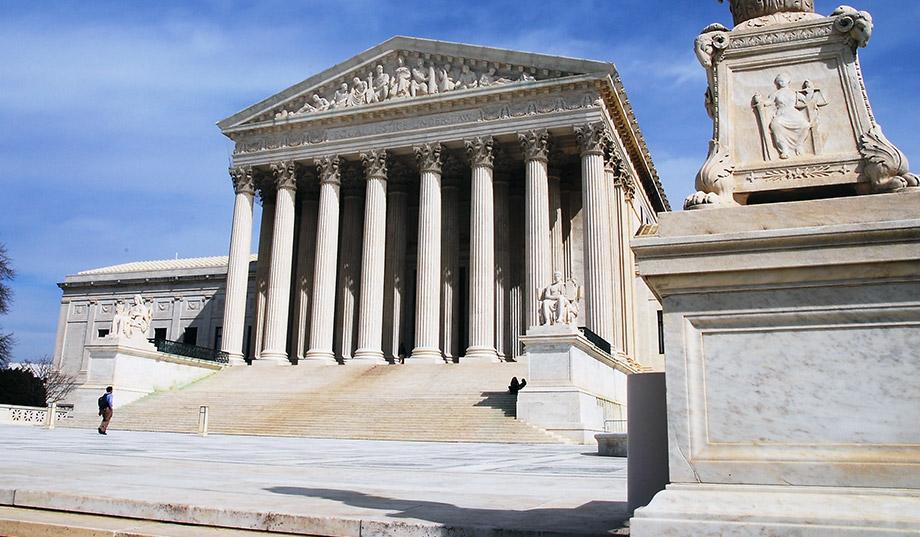LISTEN TO TLR’S LATEST PODCAST:
By Joshua Gill
The Supreme Court ruled in favor of Trinity Lutheran Church Monday, deciding that refusal to grant a public benefit to the church violates the First Amendment.
Trinity Lutheran Church sued the Missouri Department of Natural Resources over the department’s refusal to award Trinity a publicly available grant to resurface its school playground. The department used Missouri’s Blaine Amendment, which is found in 37 state constitutions, to deny Trinity the grant. The church argued that the department’s refusal to award the grant to them on the grounds that the school was part of a religious institution was a violation of the Free Exercise Clause of the First Amendment. Chief Justice Roberts affirmed Trinity’s claim in the official opinion of the court, citing similar SCOTUS decisions from the past.
“The Department’s policy expressly discriminates against otherwise eligible recipients by disqualifying them from a public benefit solely because of their religious character,” Roberts said. “If the cases just described make one thing clear, it is that such a policy imposes a penalty on the free exercise of religion that triggers the most exacting scrutiny.”
Roberts clarified that, while the department did not try to mandate or prevent a specific religious practice at Trinity, their refusal to award the grant presented the school with a choice of either remaining a religious institution or having access to a publicly available benefit, and so qualified as coercion that violated the Free Exercise clause.
While the Court’s ruling is straightforward, Michael Moreland, Professor of Law and Religion at Villanova University, said that the balance of opinion among the justices was notable, showing that the majority supports a broad interpretation of religious liberty.
“It is also significant that this understanding of the First Amendment was shared by seven members of the Court,” Moreland said in a statement provided to The Daily Caller News Foundation. “Only two justices in dissent held out for a strict separationist no-funding rule against religious institutions.”
The Court’s decision also delivered a significant blow to usage of the Blaine Amendments against religious schools across the country, according to Maureen Ferguson, Senior Policy Advisor with The Catholic Association.
“The Supreme Court is signaling in this decision that the government must stop its growing hostility towards religion and religious institutions, and that antiquated and anti-Catholic Blaine Amendments should not be used as a weapon to discriminate against people of faith,” Ferguson said in a statement provided to TheDCNF.
Roberts added in the conclusion of the Court’s decision that the exclusion of Trinity from a public benefit because of its religious character was “odious to the Constitution.”





2 comments
… [Trackback]
[…] Read More on to that Topic: thelibertarianrepublic.com/scotus-rules-favor-trinity-lutheran-religious-liberty-case/ […]
… [Trackback]
[…] Read More on on that Topic: thelibertarianrepublic.com/scotus-rules-favor-trinity-lutheran-religious-liberty-case/ […]